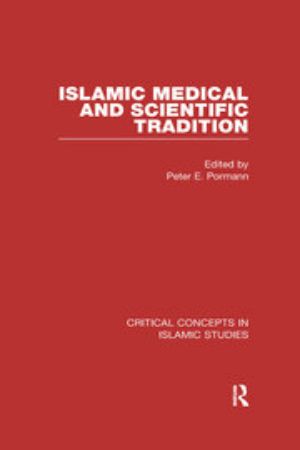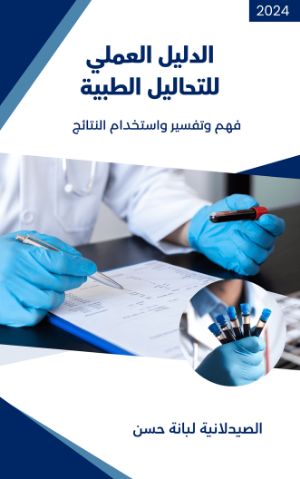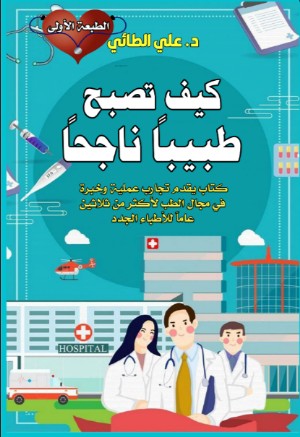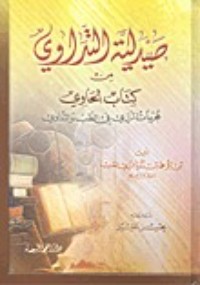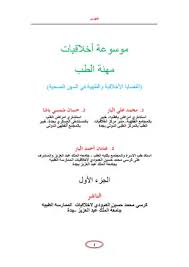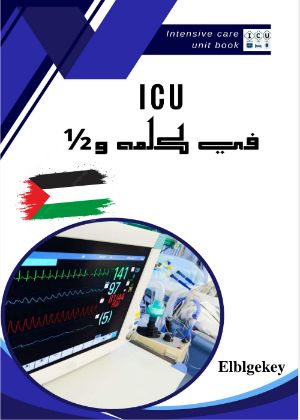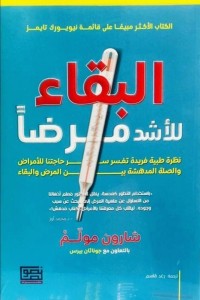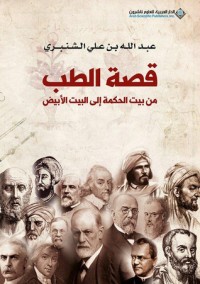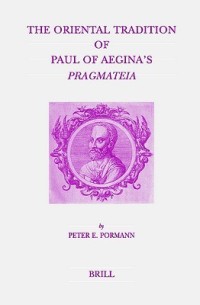
The volume investigates how Paul of Aegina's medical handbook or "pragmateia" was transmitted and transformed through Syriac
and Arabic translations, becoming one of the cornerstones of the Islamic medical tradition. It uses new manuscript evidence in order to explore the crucial impact of Paul's "pragmateia," tracing its steps through different languages and cultures in the Middle East. A discussion of different Syriac and Arabic authors who quote the "pragmateia" such as Ibn Serapion and Rhazes is followed by detailed studies of Greek-Syriac-Arabic translation technique, examining, for instance, ophthalmologic terminology, and giving a critical appraisal of translation syntax and lexicography. Paul's influence on the development of medical theory in the Islamic world and beyond is also addressed, making it an important contribution not only to Graeco-Arabic studies, but also to the history of medicine in general.




